
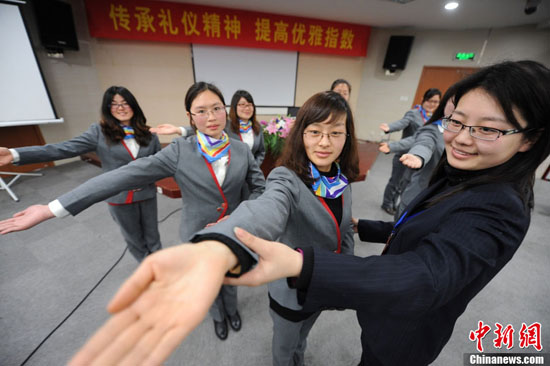 |
| Young women in Yangzhou, Jiangsu Province, work on their posture and smiling on the eve of the 2012 International Women's Day. (CNS/Meng Delong) |
In December last year, Hong Kong businesswoman Sara Jane Ho made international headlines when she launched an etiquette school based in Beijing's five-star Park Hyatt Hotel. The London-raised Harvard Business School graduate received much publicity for her school, which seeks to improve the manners of China's high society through three-month courses priced at 100,000 yuan ($16,000).
However, it is common public behavior of ordinary people in China that often attracts the spotlight for all the wrong reasons on online forums, social networking websites and blogs. Spitting in streets, loud slurping in restaurants, unashamed queue-jumping and public defecation and urination by infants at the encouragement of parents are regularly criticized by both Chinese and foreign Web users alike.
Cultural etiquette clash
Ho's school might target the super-rich in Chinese society, however it is the growing middle class that often shapes the reputation of their compatriots when they travel overseas. Despite tour guides and travel agencies often warning Chinese customers to refrain from behavior considered acceptable at home yet intolerable abroad, sometimes these calls aren't always heeded.
"These are all very typical behaviors. Chinese people [sometimes] do not behave well … this is especially evident when they travel abroad," said Wang Xiaolü, 26, a Beijing native currently studying her master's degree in New York.
As a student abroad, Wang said she often encounters Chinese tourists who are "loud and pushy," causing her to cringe.
However, she hastened to add not all such behavior should be considered offensive. Westerners may misinterpret cross-cultural differences as being rude, when they might actually be linked to traditional or medical beliefs. Spitting, for example, is encouraged by some traditional Chinese medicine practitioners to expel phlegm from the body.
Arguably, one of the most controversial examples of etiquette taboo is public defecation and urination. On January 30, outrage ensued when a photo snapped by a Taiwanese tour guide purportedly showed a Chinese mainland mother letting her son defecate onto newspaper sheets at a Taiwan airport.
The reality for many Chinese parents is that diapers remain an expensive and less favored alternative to the popular crotchless pants for infants. This cheap solution, however, can sometimes come at the expense of embarrassment.
"I have mixed feelings. On one hand, I'm proud of being Chinese. China has developed so fast, as has quality of life [in the country]. But on the other hand, I sometimes feel so ashamed. We have such a bad reputation," Wang said, in response to the airport incident.
 |
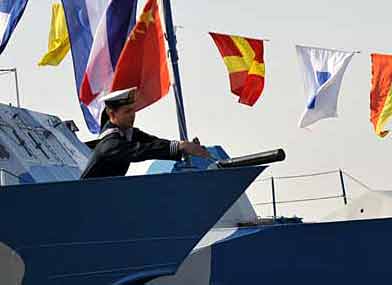
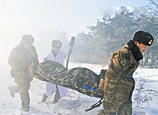
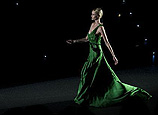
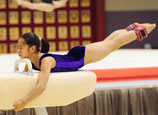
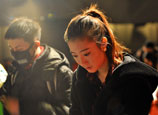

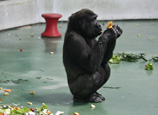
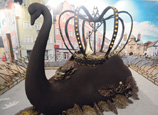

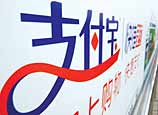






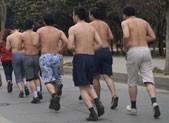 Employees run half-naked for not meeting sales quotas
Employees run half-naked for not meeting sales quotas


![]()
